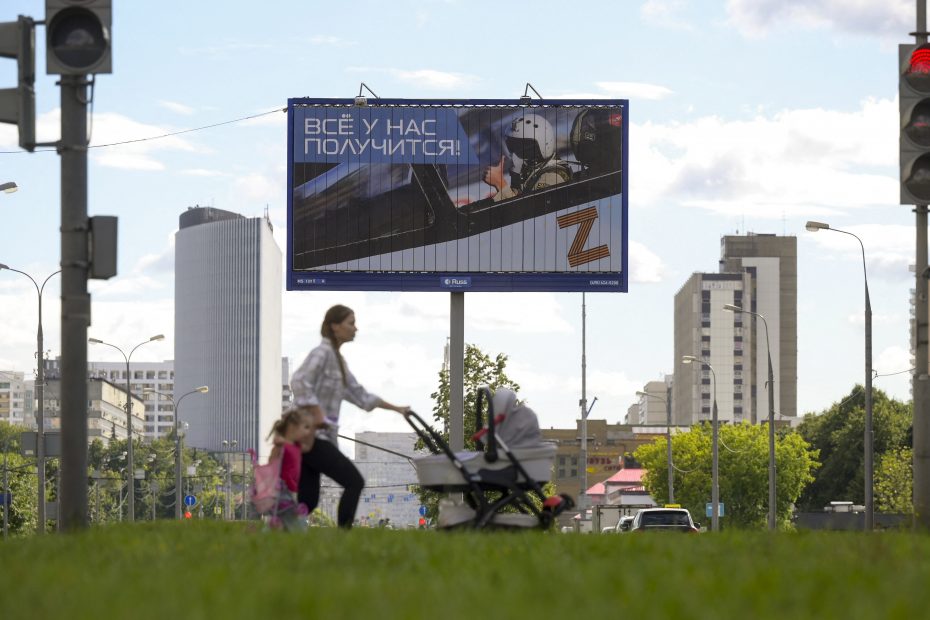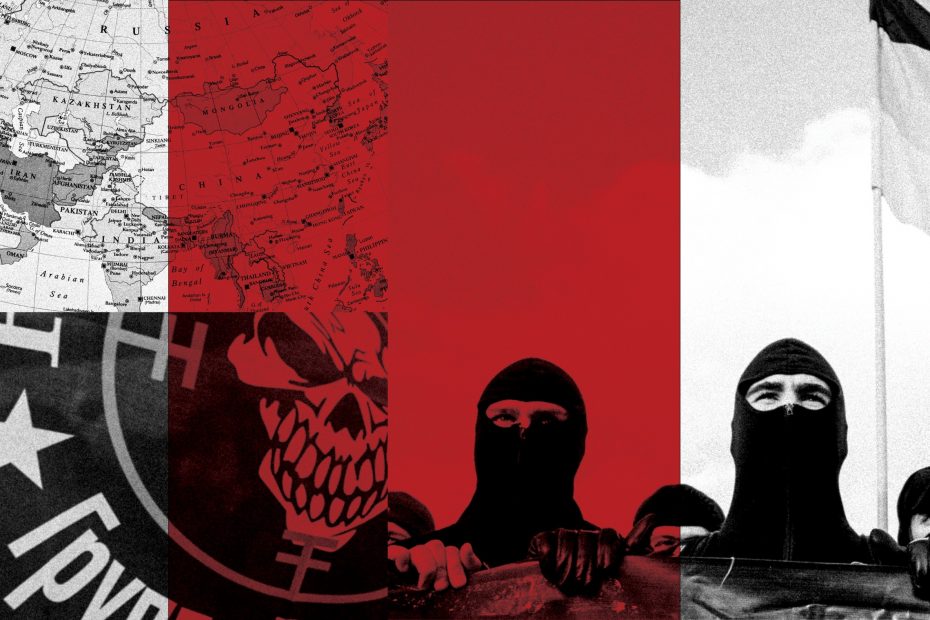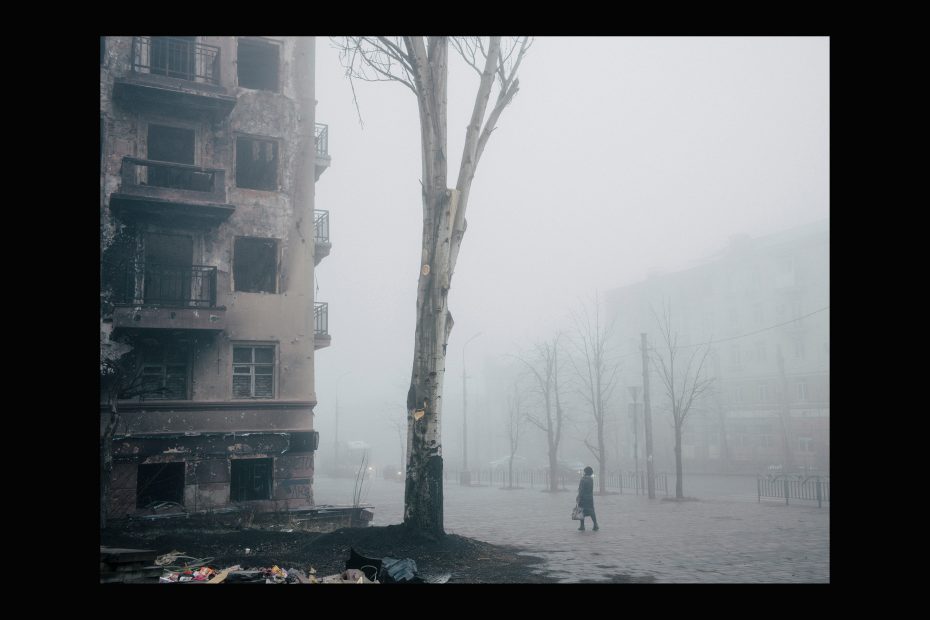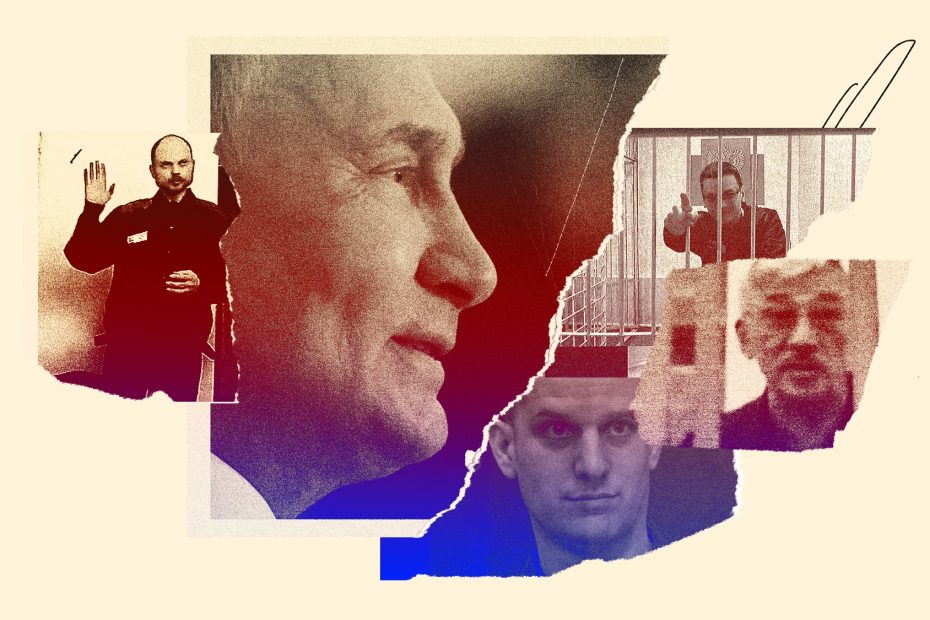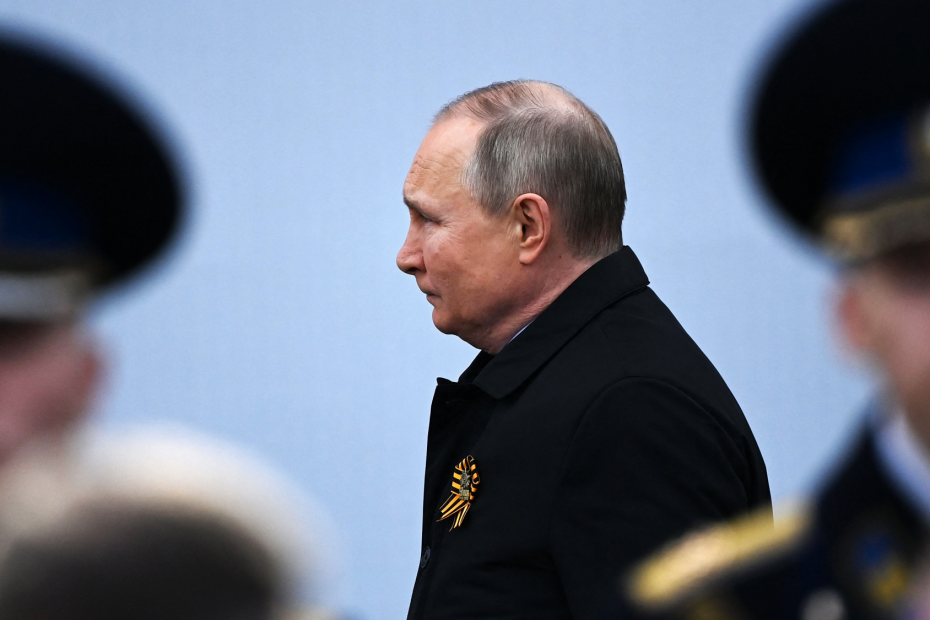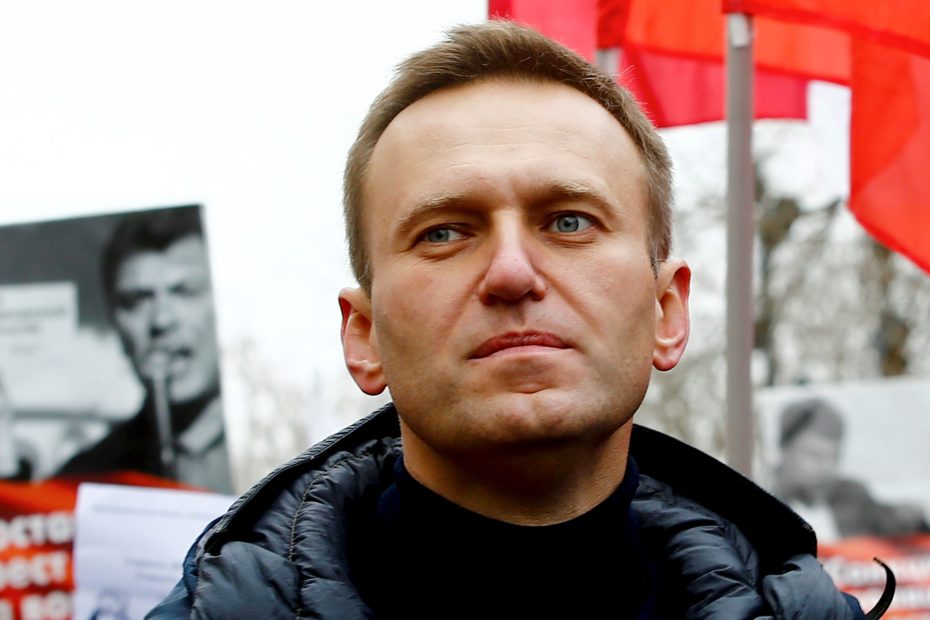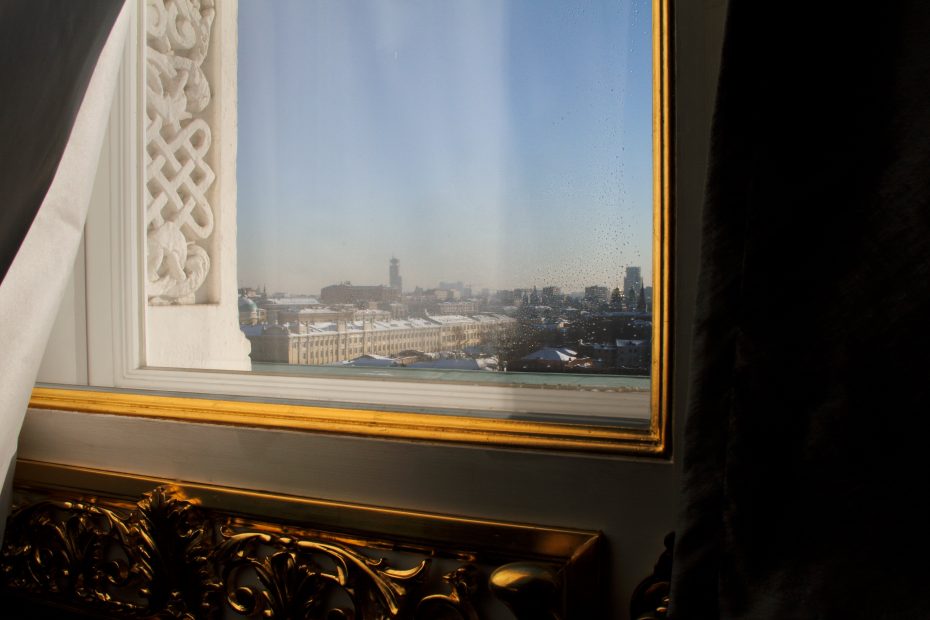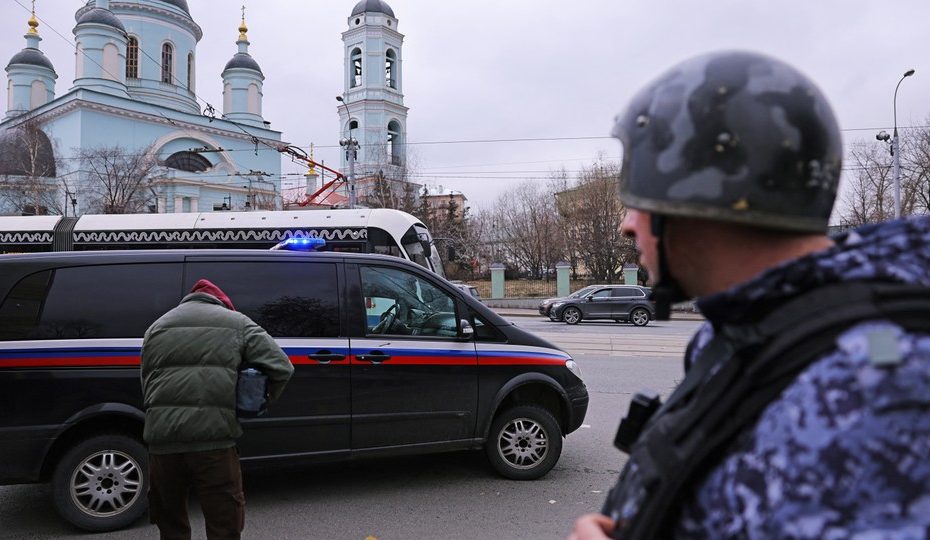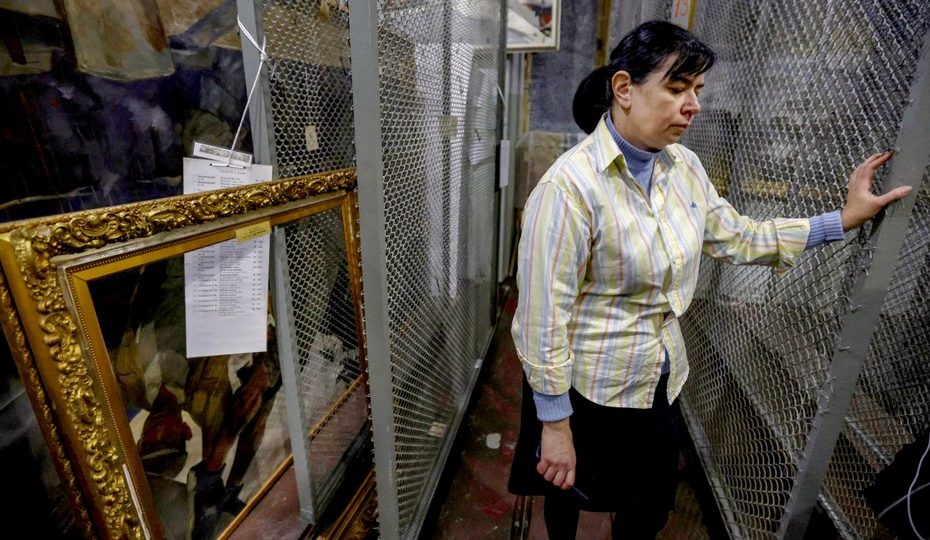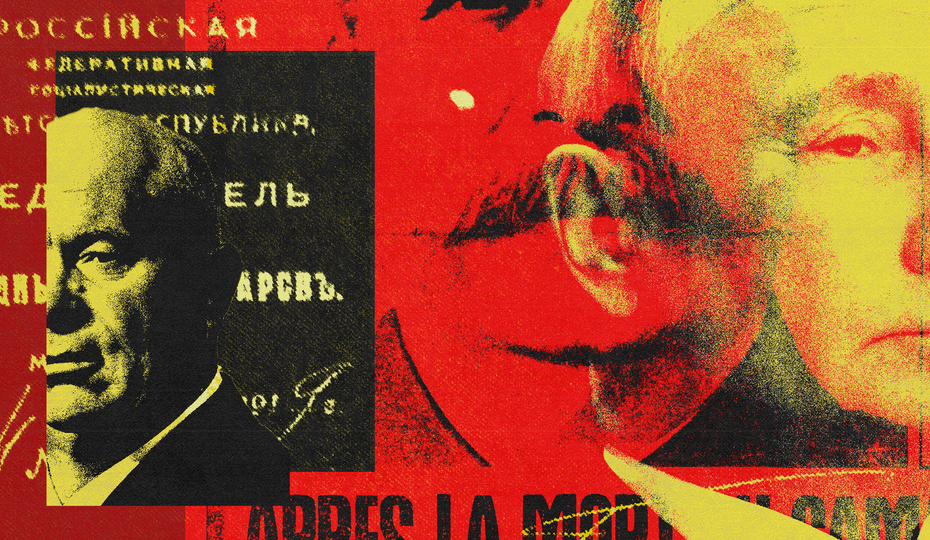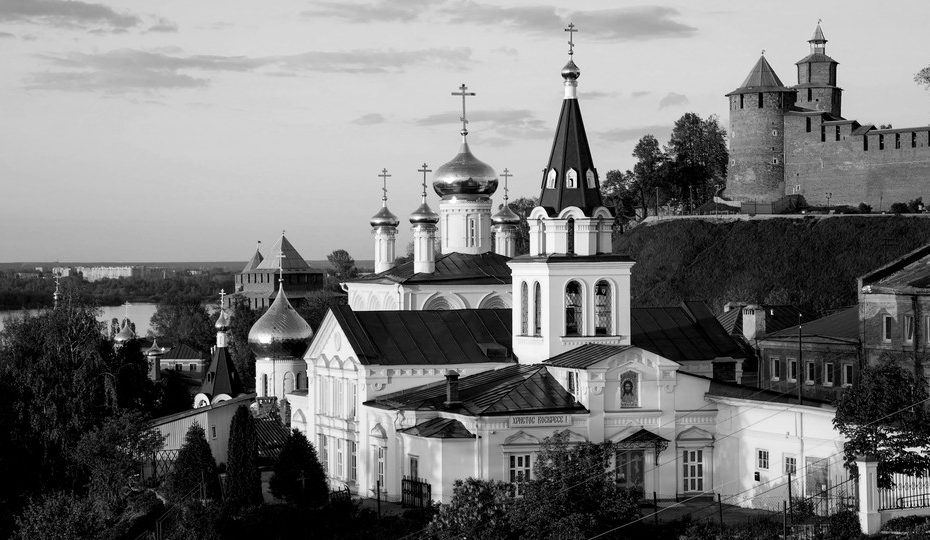Russia Is in Demographic Free Fall. Putin Isn’t Helping.
Russia was in demographic decline long before the war in Ukraine. Now it’s in free fall.
Since 2022, hundreds of thousands of Russians have died or suffered critical injuries in Ukraine. The result: According to one demographer, Russians may have had fewer children from January to March 2025 than in any three-month period over the past 200 years. As of 2023, the country’s fertility rate—1.

